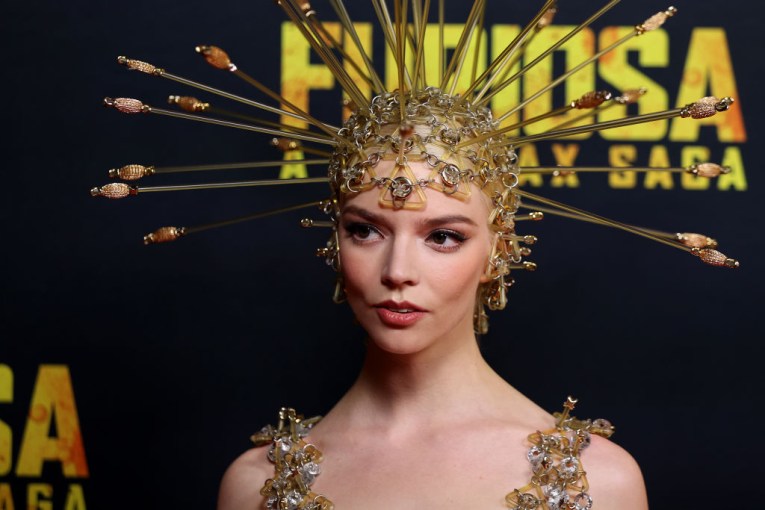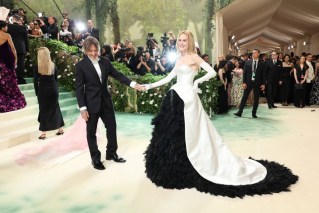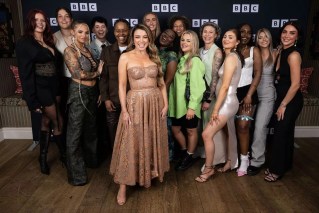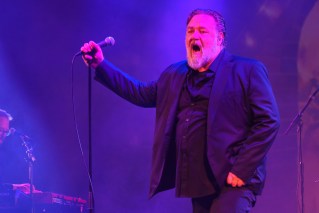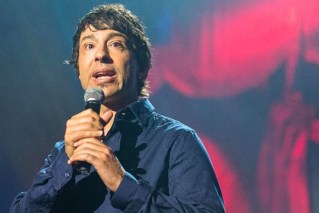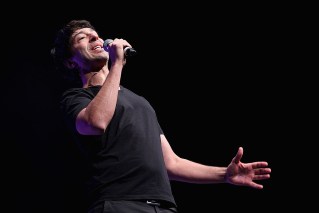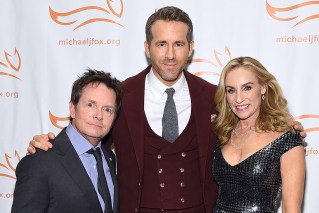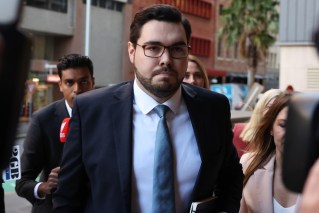Meghan and Harry end the fairytale. But the drama is just beginning – and they’re key actors
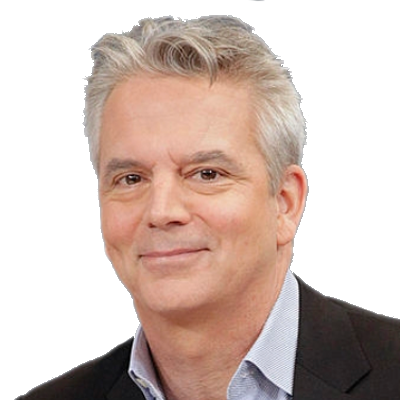
Here in the US last week, some Dr Seuss children’s books were cancelled.
On Monday, Meghan Markle did the same for the princess fairytale.
“Throne Under the Bus” was an early headline in the New York Post, but that seemed inadequate. The amount of royal wreckage strewn across the Pacific Coast Highway out of Santa Barbara was almost too much for crews to sift through.
Whether the damage is minor or structural will shake out in the coming days and weeks. But all roads between London and Windsor West are closed until further notice.
Interviews like this one work on several emotional frequencies. There are the individual details, and there is the general question of believability.

British newspaper publications respond to Prince Harry and Meghan’s interview. Photo: Getty
Viewers—and, one imagines, Buckingham Palace—can quibble over some of the specifics. Meghan’s claim about Archie and his loss of title seemed vaguely sourced. The precise cause and course of her suicidal despair remained fuzzy. The absence of any staff names to affix to her misery and isolation was frustrating at many moments during Oprah’s questioning.
The egg-producing chickens the couple rescued seemed an apt metaphor. Which came first – Meghan’s isolation or The Firm’s insensitivity? Her expectations or their abandonment? Losing security, or leaving the family business? At times, much of it seemed like a big misunderstanding that reasonable people ought to be able to work out without having to change continents and go on television.
But it is the accretion of the details—particularly the incendiary claim that there was concern about Archie’s skin colour—that creates an air—albeit suffocating— of verisimilitude. Unless you believe these two are pathological liars, it is difficult to deny, as Oprah might say, “their truth.”
Whether it’s the lessons learned from Diana or The Crown, we feel we know these characters and their situations.
Harry’s depiction of his father and brother was devastating as a family portrait, but even more chilling as a view into the transactional nature of the monarchy, the public and the ravenous British tabloid press.

The Duke and Duchess of Sussex with son Archie in Cape Town in September 2019. Photo: PA
You can dismiss Harry as “woke,” but doesn’t make his description of an immobilised, ossified and “trapped” family any less believable. Indeed, his disappointment over his father was so personal it felt like eavesdropping to listen in.
And you can identify a certain self-regard in Meghan’s manner without dismissing the despair and abuse she had to withstand.
Like Diana, the couple can overplay their victimisation.
The notion that they don’t court favourable media coverage is laughable—and last night’s interview is Exhibit A.
When they moved to California, they insisted it was to get away from the British press. That was either a delusion or a lie.
What is now established is a circuitry of contempt between the couple and the tabloids that benefits both, a situation not dissimilar from the Trump/Fake News/ratings bonanza that prevailed during the past four years.
What Harry and Meghan do with their victory is uncertain. The family rift seems yawning; only the Queen seems to have the respect and clout to stitch things together.
In the meantime, who needs a Netflix subscription? The real life drama is far more captivating than anything streaming on television.
Larry Hackett is the former editor-in-chief of People magazine, and a contributor to the US morning television news program Good Morning America
